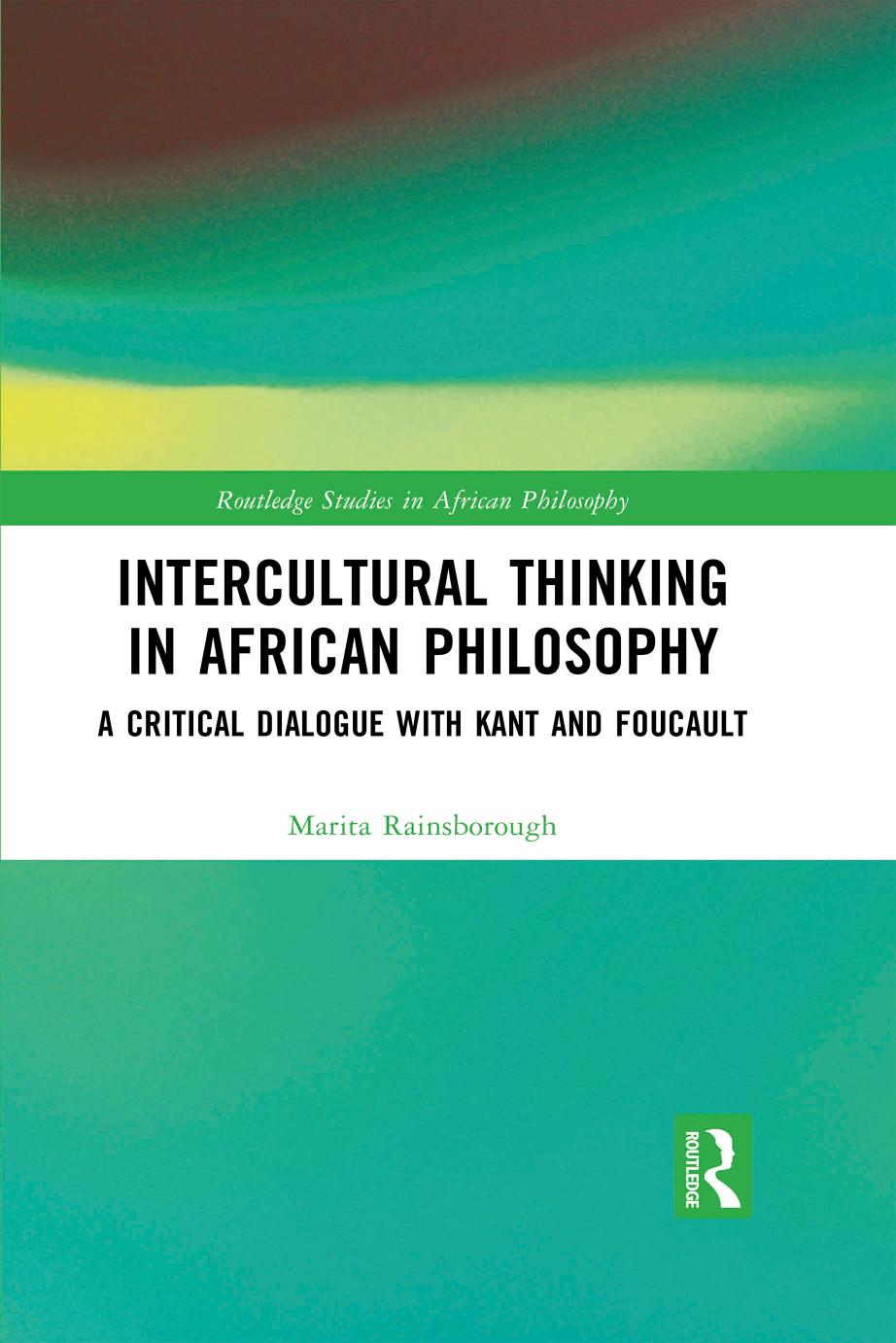

Most ebook files are in PDF format, so you can easily read them using various software such as Foxit Reader or directly on the Google Chrome browser.
Some ebook files are released by publishers in other formats such as .awz, .mobi, .epub, .fb2, etc. You may need to install specific software to read these formats on mobile/PC, such as Calibre.
Please read the tutorial at this link. https://ebooknice.com/page/post?id=faq
We offer FREE conversion to the popular formats you request; however, this may take some time. Therefore, right after payment, please email us, and we will try to provide the service as quickly as possible.
For some exceptional file formats or broken links (if any), please refrain from opening any disputes. Instead, email us first, and we will try to assist within a maximum of 6 hours.
EbookNice Team

Status:
Available5.0
27 reviews
ISBN-10 : 1040001950
ISBN-13 : 9781040001950
Author: Marita Rainsborough
This book sets up a rich intercultural dialogue between the philosophy of Immanuel Kant and Michel Foucault, and that of key African thinkers such as Kwame Anthony Appiah, Achille Mbembe, Kwasi Wiredu, Kwame Gyekye, Tsenay Serequeberhahn, and Henry Odera Oruka. The book challenges western-centric visions of an African future by demonstrating the richness of thought that can be found in African and Afrodiasporic philosophy. The book shows how thinkers such as Serequeberhan have criticised the inconsistencies in Kant’s work, whereas others such as Wiredu, Gyekye, Appiah and Mbembe have referenced his work more positively and developed progressive political concepts such as the metanational state; partial cosmopolitanism and Afropolitanism. The book goes on to consider how Mbembe and Mudimbe have responded to Foucault’s ideas in deciphering the various Western, African and Afrodiasporic discourses of knowledge on Africa. The book concludes by considering various theories of intercultural exchange, from Gyekye’s cultural borrowing, to Appiah’s conversation across boundaries, Wiredu’s cross cultural dialogue, Mbembe’s thinking outside the frame, Serequeberhan’s dialogue at a distance, and Oruka’s call for global re-distribution and a new ecophilosophical attitude to safeguard human existence on the planet. This book invites us all to engage in intercultural dialogue and mutual respect for different cultural creations. It will be an important read for researchers in Philosophy wherever they are in the world.
PART I Rethinking Kant. Contemporary African philosophy and Kant
1. Kant’s epistemic, ethical and political universalism
On the Kantian concepts of person and humanity
Kant’s cosmopolitan concept
Equality, universalism and world citizenship in Kant’s cosmopolitanism
Kant’s universalism and his concept of race
Kant in African and Afrodiasporic philosophy
Bibliography
2. Cosmopolitanism in the philosophy of Appiah and Mbembe. A critical dialogue with Kant
Appiah’s partial cosmopolitanism between Kant and Mill
Kant and Appiah’s cosmopolitanism and universalism
Identity, ethics and cosmopolitanism in Appiah’s work
Thinking outside the frame. Mbembe’s project of the future and the politics of possibility
Mbembe’s Afropolitanism and the concept of pluriversality
Mbembe’s ‘Critique of Black Reason’ and his concept of race
Afropolitanism and the aesthetics of entanglement
Bibliography
3. Critical dialogue with Kant’s epistemological and ethical universalism in the work of Wiredu and Gyekye
Kant’s universalism from the perspective of Wiredu
Wiredu and Kant’s epistemic universalism
Language, logical reasoning and conceptual schemes in Wiredu − a comparison with Kant
Moral theoretical and political implications in Wiredu’s and Kant’s work
Gyekye’s critical dialogue with Kant’s universalism
Kwame Gyekye − critique of the concept of man, universalism and cosmopolitanism in Kant’s work
Gyekye’s moderate communitarianism and Kant’s ethics
Critique, cultural borrowing and African traditions in Gyekye’s philosophy
Political consequences of Gyekye’s ethics
Bibliography
4. Rereading Kant. Philosophy as critique in the philosophical concepts of Serequeberhan and Odera Oruka
Critique of Eurocentrism in the philosophy of Tsenay Serequeberhan
Philosophy as visionary critique in Odera Oruka’s work
Criticism, ethics and politics: global justice in Odera Oruka’s philosophy
Environmental ethics and philosophy of nature in Odera Oruka’s work
Bibliography
PART II Foucault, Kant and contemporary African philosophy
5. Critique, parrhesia and philosophy in Foucault’s work
Enlightenment, critique, parrhesia. Foucault and Kant’s concepts of person and humanity
Parrhesia and critique in the context of politics and philosophy in Foucault’s work
The concept of philosophy in Foucault’s work
Bibliography
6. Language in the work of Kant and Foucault
The displacement of language in Kant and his latent philosophy of language
Language in the work of Kant as viewed by Foucault
Language, discourse and the murmuring of language in Foucault’s philosophy
On philosophical language in the work of Kant and Foucault
Bibliography
7. History, power and art in Foucault’s philosophy
History and counter-memory − Foucault’s understanding of history
Power in the contexts of history and philosophy in Foucault’s work
Philosophy and theatre. On the stylistic aspect of Foucault’s philosophical writing
Language, literature and the visual arts in Foucault’s work
Bibliography
8. Foucault and contemporary African philosophy
Foucault and (post)colonialism
Discourse and power. Mudimbe’s rethinking of Foucault’s philosophy
Mbembe reading Foucault. The Critique of Black Reason, race and necropolitics
Bibliography
Conclusion
Bibliography
intercultural thinking
african thinking
african philosophy in an intercultural perspective
african thought
african thinker
Tags: Intercultural Thinking, African Philosophy, Critical Dialogue, Kant, Foucault, Marita Rainsborough